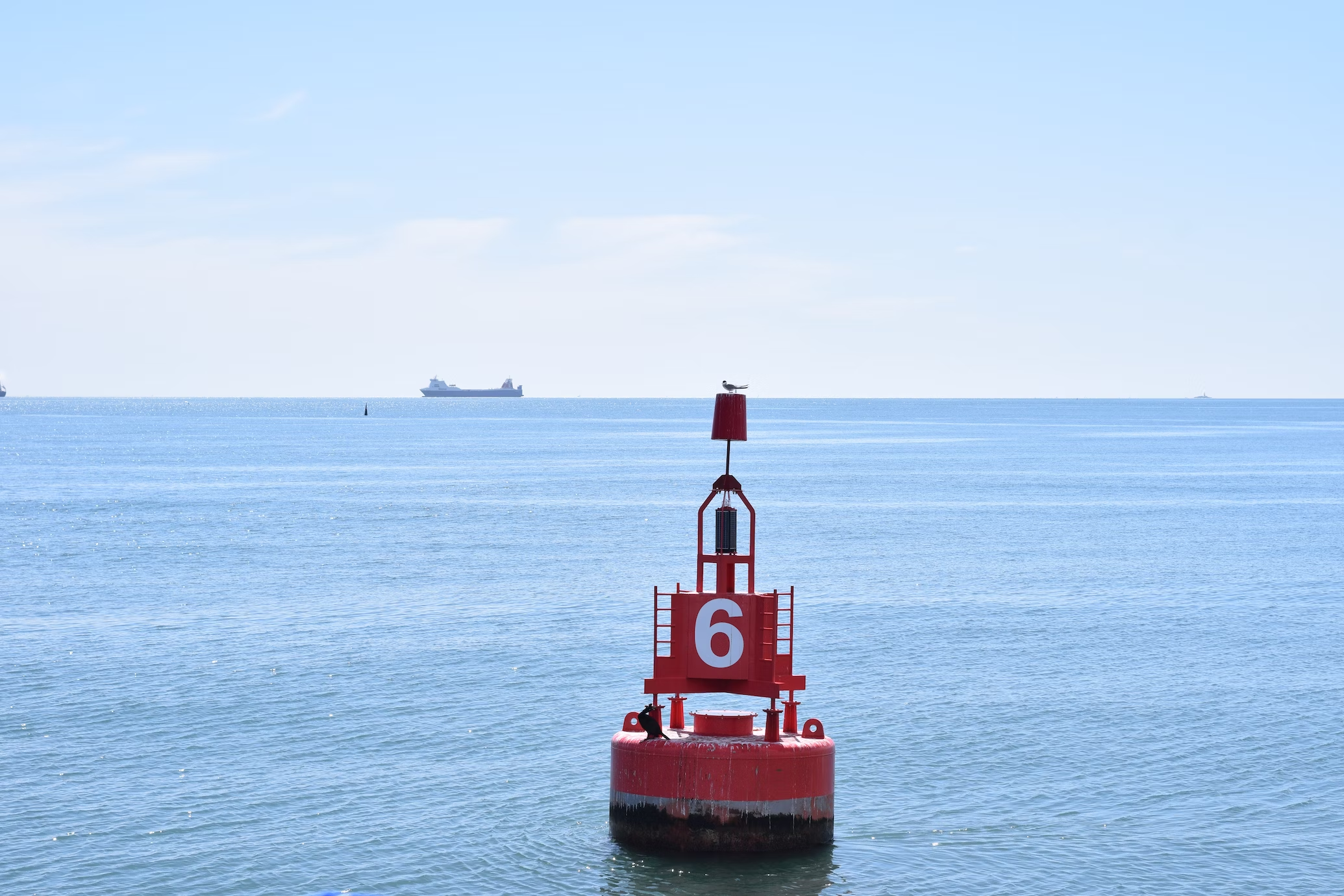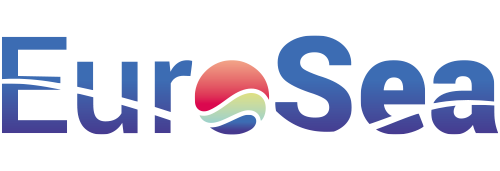
Description
This initiative assesses the potential benefits and effectiveness of bolstering the Argo array in Western Boundary Currents (WBC) and equatorial regions, introducing a deep Argo array, and strengthening tropical moorings at the surface layer. It aims to provide a more in-depth and accurate understanding of marine environments in these critical regions.
Impact During the Project
Recommendation for Observation Agencies:
Based on the assessment, specific recommendations will be provided to observation agencies. These will highlight the best practices, potential benefits, and strategies for implementing enhancements in the Argo array and tropical moorings.
Impact Post Project
Improved Marine Data Collection: The enhancements in the Argo array and tropical moorings would likely lead to better data collection from vital marine environments, enriching global marine databases.
Better Understanding of Marine Environments: The added data from the enhancements will provide researchers and policymakers with a clearer understanding of marine environments, particularly in WBC and equatorial regions.
Informed Decision Making: With more accurate and detailed data, marine policymakers and stakeholders can make better-informed decisions regarding marine conservation, resource management, and maritime activities.
Advancement over and above State of the Art
Traditional State: Previously, marine monitoring systems might have been more sporadic, lacking the depth and accuracy needed for comprehensive marine analysis, especially in WBC and equatorial regions.
Advancement: This initiative recognizes the gaps in current marine monitoring methods and pushes for enhancements in the Argo array and tropical moorings, specifically targeting regions that are under-observed or critical for marine research. With the introduction of a deep Argo array, researchers can gain insights into deeper ocean layers, which were previously challenging to study. The enhanced tropical moorings at the surface layer would ensure consistent and accurate data collection from tropical marine environments.
In essence, this advancement marks a deliberate and strategic effort to upgrade marine monitoring systems, ensuring they are fit-for-purpose, especially in the ever-evolving field of marine research. The focus on WBC, equatorial regions, and deep ocean layers underscores a commitment to holistic marine observation, capturing data from regions that are vital for understanding global marine health and dynamics.
Links and References
Link to D3.16 – Euro-Argo updated strategy: https://eurosea.eu/download/eurosea_d3-16_euro-argo-updated-strategy/?wpdmdl=5551&refresh=650197c79775c1694603207
Link to D5.9 – Operational monitoring systems available at the three sites: https://eurosea.eu/download/eurosea_d5-9_operational_monitoring_systems_available_at_the_three_sites/?wpdmdl=5646&refresh=650197cad49c41694603210
